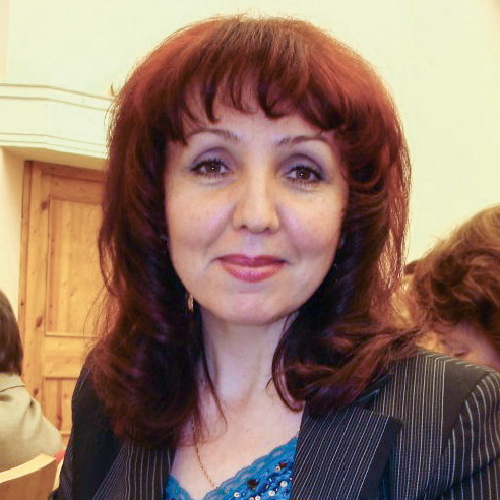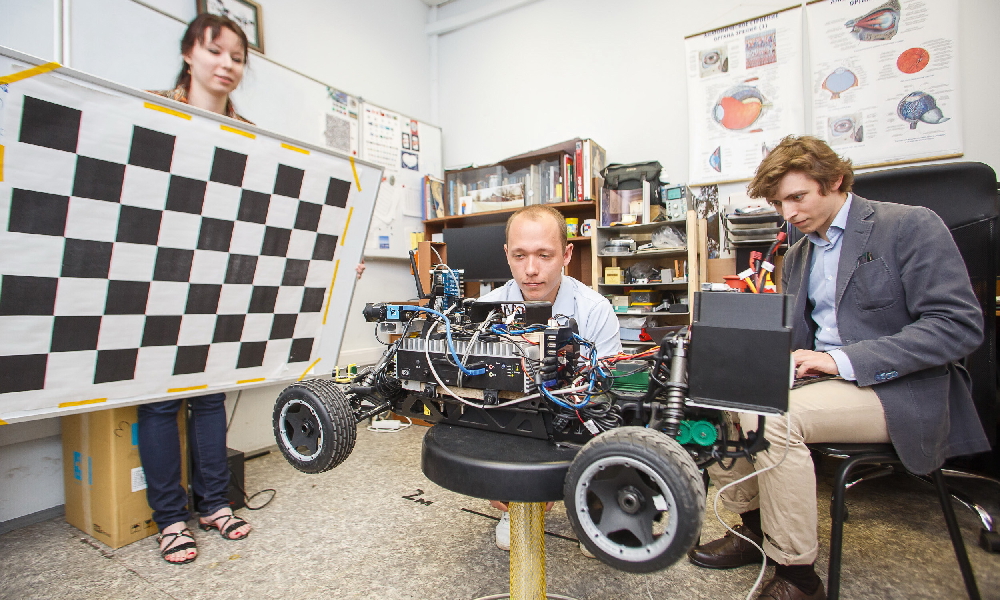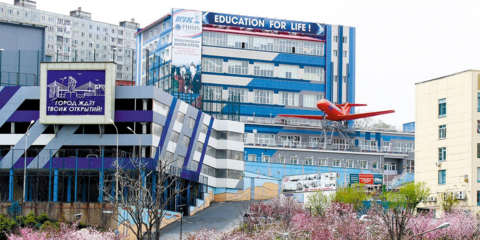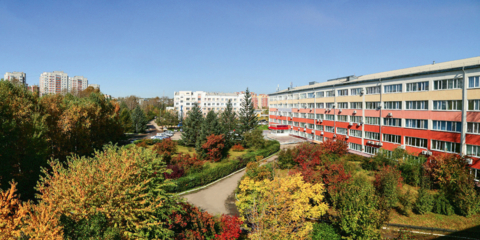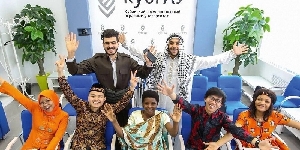Training of academic staff.
Training lasts 3-4 years and at least four years for extramural study. Some “more focused” PhD degrees take two years to complete.
PhD programs can enroll Masters and Specialists.
Applicants are selected based on the results of three exams: philosophy, foreign language, and major subject.
Read more in the 5th issue.
For some majors, there is postgraduate education for deeper immersion in future professions. Medical universities offer medical residency, universities for arts – assistantship, universities for science and pedagogy – PhD degree, higher military education institutions – a postgraduate military course.
PhD degree is the final stage of higher education for academic staff training.
Graduates obtain certificates with an awarded qualification of Researcher. Research Teaching Fellow.
Olga Grigorieva, Head of Postgraduate Study and Scientific Staff Appraisal Department, Siberian Federal University
The proposal defense conditions are changing. We used to have final state certification, but now we'll have only final certification in the form of mandatory proposal defense. The final certification procedure must be changed so that PhD students can obtain an opinion on their dissertation. Instead of the state commission, a lot of experts in this field take part in this procedure. The dissertation is reviewed in full, and an opinion on its completion is given. PhD students must submit this opinion to the dissertation council while defending their dissertation. It means that their dissertations should be finished to a great extent.
PhD studies
- Study
- Teaching
- Hands-on experience
- Research
PhD students choose a research area and a topic for their future thesis. While studying, they conduct research on the stated topic, write a Candidate's thesis. Those applying for a PhD degree since 2021 will undergo certification in the form of proposal defense instead of the traditional final certification.
Following the thesis defense, the Candidate of Sciences degree – the first degree officially confirming researcher status – is conferred. Candidates of Sciences may apply for a Doctor of Sciences degree (the second degree that confirms researcher status) awarded following the doctoral thesis defense.
Types of PhD degrees
Medical Residency
Previous level of education: Higher medical (Specialist degree) or pharmaceutical education
Duration of full-time study: 2 years
Qualification after graduation: Doctor. Specialization (for example, hematologist, nephrologist) is specified
Medical residency is the last stage of training in a number of medical (pharmaceutical) fields. Those who have higher medical (or pharmaceutical) education are allowed to apply for medical residency. In-depth study of medical sciences basics combines with practical training at healthcare institutions. After passing a three-stage exam, graduates obtain a diploma, and a Specialist degree is conferred on them, entitling them to work at healthcare institutions.
Assistantship
Previous level of education: Specialist or Master’s degree in arts and culture
Duration of full-time study: 2 years
Qualification after graduation: Specialist of the highest qualification, university teacher
Assistantship is a form of postgraduate training for graduates of Specialist or Master’s degrees in arts and culture. Graduation project depending on specialization is performance, concert, presentation, exhibition, movie, and others. Following assistantship, students obtain a graduation certificate and a qualification that entitles them to performing arts and teaching.
Postgraduate military course
Previous level of education: Specialist degree or Master's degree
Duration of full-time study: 3–4 years
Qualification after graduation: Researcher, Research teaching fellow. Candidate of Sciences degree after the dissertation defense
The international military service members are admitted to a postgraduate military course under Russia's international agreements on military cooperation.
After graduation, your degree will be recognized in many foreign countries that signed the Bologna Declaration. Why do you need that? To continue education or find a job in another country without any problems. For all other countries, you will be required to have your diploma legalized or apostilled.
Read more about these procedures in the article Recognition Of Academic Credentials.
Recognition of medical degrees in different countries is a slightly different thing. In most cases, having an academic qualification will not be enough – some further steps will be required. For example, to find a job at a clinic in the Czech Republic, you will have to pass an evaluation test to confirm your degree. In other words, you will need to take tests in medical law basics and your specialty. In Greece, foreign doctors just have to pass exams to become full-fledged members of the medical community. In Spain, Italy, Germany, they must confirm their qualification, pass exams, and complete a probationary period.
Regardless of the education level, any study program is about gaining theoretical knowledge and practical experience, doing course papers and graduation theses, participating in research conferences, and writing research papers. The onrush of technology makes us continuously improve our knowledge and skills. Learning something new in your profession and other fields is always exciting and promising.
The quality of education hardly depends on diploma classification. Both Specialist degree and Bologna pair “Bachelor's degree + Master's degree” conform to the same standards
Sources: kdelo.ru, profguide.io, iz.ru, rbc.ru
28.10.2021

